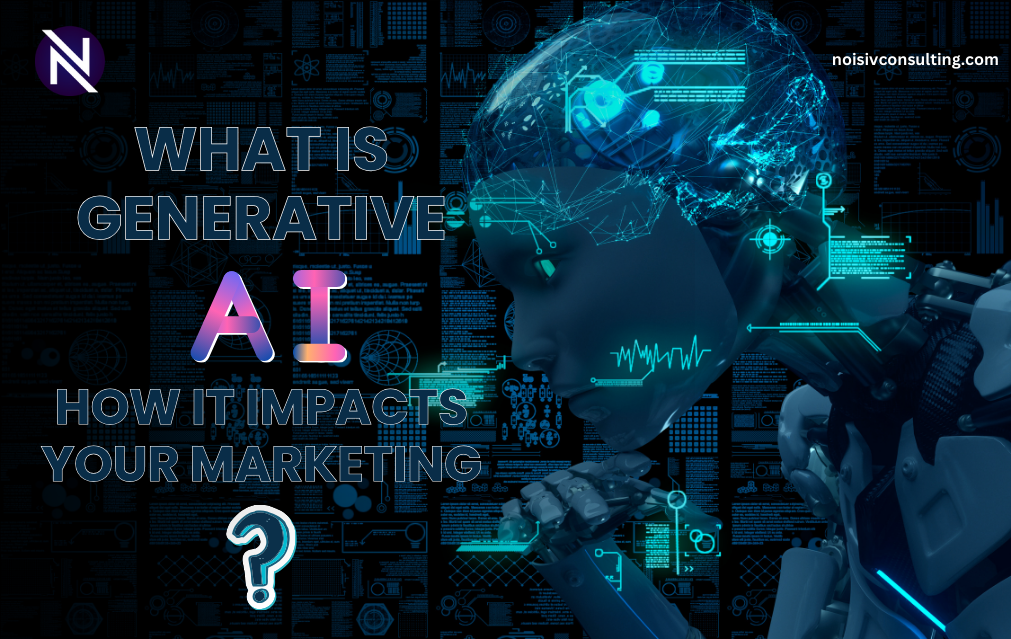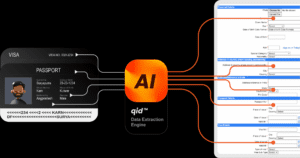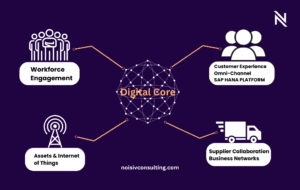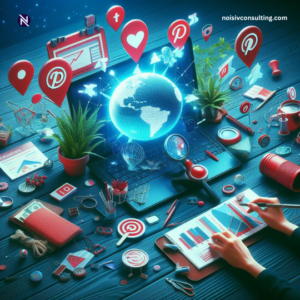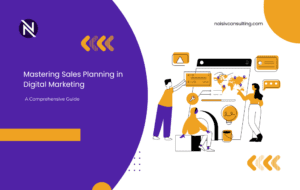In recent years, the field of artificial intelligence has witnessed remarkable advancements, particularly in the realm of generative AI. This revolutionary technology can create content, images, and even entire narratives autonomously, mimicking human creativity to a remarkable extent. In the domain of marketing, generative AI holds immense potential to transform strategies, streamline processes, and drive engagement like never before. Let’s delve deeper into what generative AI is and how it impacts marketing endeavours.
Understanding Generative AI:
Generative AI refers to a class of algorithms and models that have been designed to generate new content, often indistinguishable from content created by humans. These models are trained on vast datasets, learning the patterns, styles, and nuances of the input data to produce remarkably similar outputs. Unlike traditional AI models that operate based on predefined rules and logic, generative AI can generate novel content that is both contextually relevant and creatively compelling.
Types of Generative AI Models:
- Text Generation Models: These models generate textual content such as articles, product descriptions, ad copies, and even entire stories.
- Image Generation Models: These models create images from scratch or based on textual descriptions, enabling the generation of visual content for marketing purposes.
- Video Generation Models: These advanced models are capable of generating dynamic video content, including advertisements, product demos, and promotional videos.
Impact of Generative AI on Marketing:
- Content Creation and Personalization: Generative AI can automate the process of content creation, producing a vast array of articles, blogs, social media posts, and emails tailored to specific audience segments. Moreover, it enables hyper-personalization by dynamically generating content based on individual preferences and behaviours.
- Enhanced Creativity and Innovation: By leveraging generative AI, marketers can tap into a virtually unlimited wellspring of creative ideas and concepts. Whether it’s brainstorming new campaign slogans, designing eye-catching visuals, or crafting compelling narratives, AI-powered tools can inspire innovation and creativity.
- Efficiency and Scalability: Automation driven by generative AI streamlines marketing workflows, allowing teams to accomplish tasks more efficiently and at scale. From generating ad creatives to optimizing content distribution strategies, AI-powered tools can handle repetitive tasks, freeing up human resources for more strategic endeavours.
- Real-time Adaptation and Optimization: Generative AI enables marketers to adapt and optimize their strategies in real time based on evolving market trends, consumer preferences, and competitive landscapes. By analyzing vast amounts of data and generating insights instantaneously, AI-powered tools empower marketers to make data-driven decisions with unprecedented speed and accuracy.
- Improved Customer Engagement and Experience: Personalized content generated by AI resonates more deeply with audiences, leading to higher levels of engagement and customer satisfaction. Whether it’s delivering tailored product recommendations or crafting interactive experiences, generative AI helps marketers create meaningful connections with their target audience.
Challenges and Considerations:
Despite its immense potential, generative AI also presents certain challenges and considerations for marketers. These include concerns related to data privacy, ethical use of AI-generated content, and the need for human oversight to ensure quality and relevance. Additionally, there may be technical limitations and biases inherent in AI models that need to be addressed to mitigate potential risks.
Conclusion:
Generative AI represents a paradigm shift in marketing, offering unprecedented opportunities for innovation, efficiency, and engagement. By harnessing the power of AI to automate content creation, personalize marketing campaigns, and optimize strategies in real time, marketers can stay ahead of the curve in an increasingly competitive landscape. However, it’s essential to approach the integration of generative AI with careful consideration of ethical, privacy, and quality concerns to unlock its full potential responsibly. Embracing generative AI is not just about adopting new technology; it’s about reimagining the future of marketing and staying at the forefront of innovation in a rapidly evolving digital ecosystem.
Also, Read:- What are New Trends in Digital Marketing

